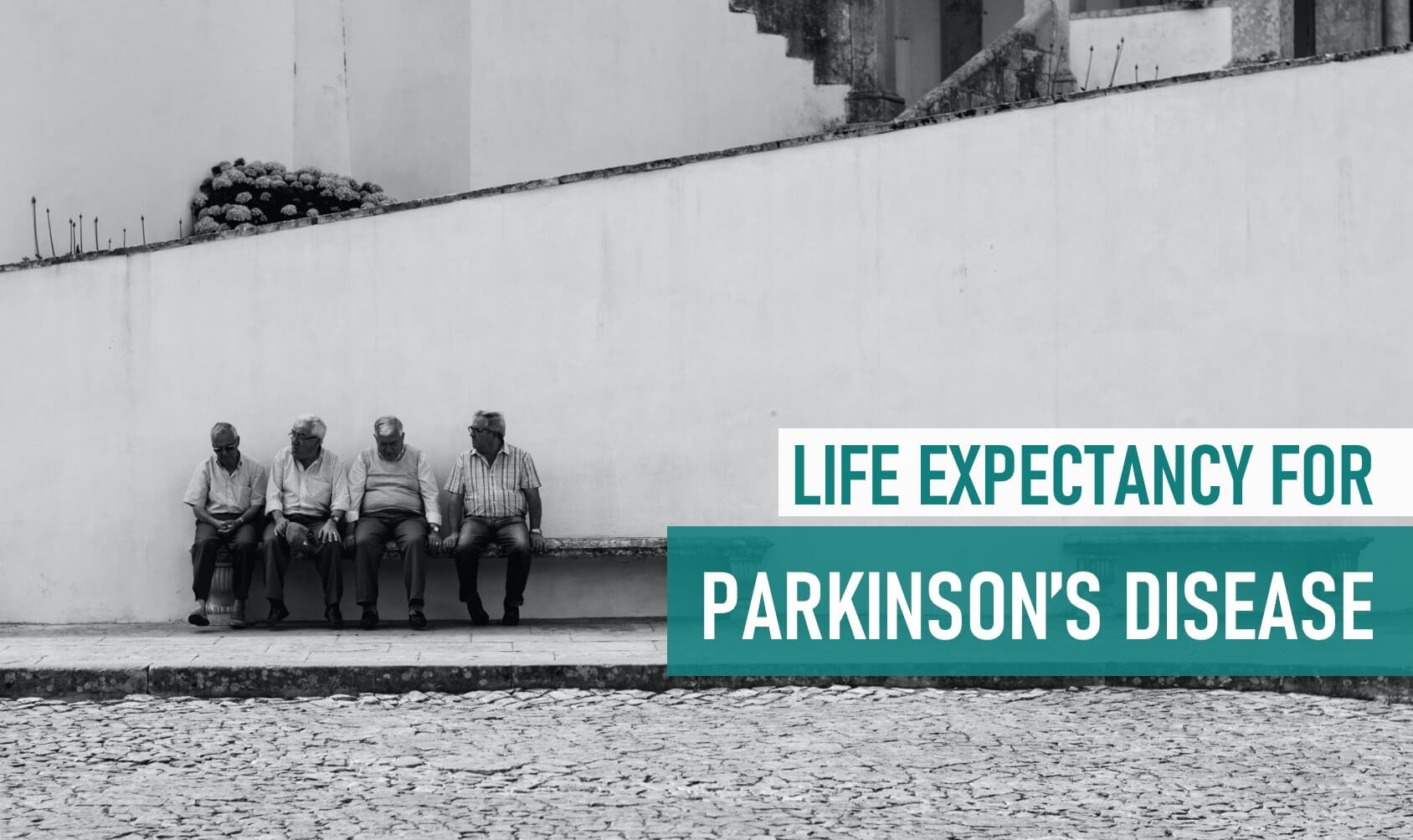Parkinson’s disease is a progressive disorder
Parkinson’s disease is a progressive brain disorder that affects mobility and mental ability and, in some cases, cognition. Individuals with PD may have a slight shorter life than compared to healthy age group.
While there is no cure for Parkinson’s disease, many patients are only mildly affected and need no treatment for several years after their initial diagnosis. However, PD is both chronic, meaning it persists over a long period of time, and progressive, meaning its symptoms grow worse over time. This progression occurs more quickly in some people than in others.
Is Parkinson’s disease fatal?
While the Parkinson’s disease itself is not fatal, related complications can reduce life expectancy by 1 to 2 years.
For example, PD affects movement and balance coordination, hence a patient’s risk of falling increases with the disease progression. And falls are a leading cause of injury and death among older adults.
Difficulty swallowing, known as dysphagia, is another complication that can develop at any point throughout one’s journey with PD, and this can cause aspiration pneumonia—another leading cause of death in patients.
Symptoms and stages
Parkinson’s disease is classified by stages, ranging from 1 to 5. Stage 5 is the most advanced. And as the disease progresses risk of health complications increases and that can reduce lifespan.
Some of the symptoms of early stages of Parkinson’s
- tremors
- loss of balance
- slowing of movements
- spontaneous, uncontrollable movements
Symptoms in later stages of Parkinson’s disease
- falling more frequently
- trouble dressing and eating
- hallucinations or delusions
- cognitive changes
- dementia
- vision problems
- sleep disorders
- lightheadedness
Actually, your risk of falling increases during the stage 3, 4 and 5 or Parkinson’s.
Life expectancy of Parkinson’s patients
First most important thing to understand is there is never a definite answer regarding the life expectancy for a Parkinson’s disease patient. Because disease progresses differently in each person. It cannot be determined how quickly the chronic disease will progress and how seriously it will affect individual.
Thanks to medical advancements, the life expectancy of Parkinson’s patients has improved significantly over the past decades. In fact, various researches and studies confirm that the average life expectancy for a patient with Parkinson’s onset at age 60 is 23.3 years (83.3 total years of age).
Medications, as well as physical and occupational therapy, are especially helpful in the earliest stages of the disease. These treatments can improve a person’s quality of life.
In a nutshell…
Parkinson’s is not a fatal disease, that means one doesn’t die from the disease. Early detection is the key to help reduce the complications that can reduce the life expectancy.
If you notice any initial symptoms of Parkinson’s with your or loved ones, contact your neurologist immediately.
Source/s:
Banner: www.pexels.com [Free to use under the Pexels License]







